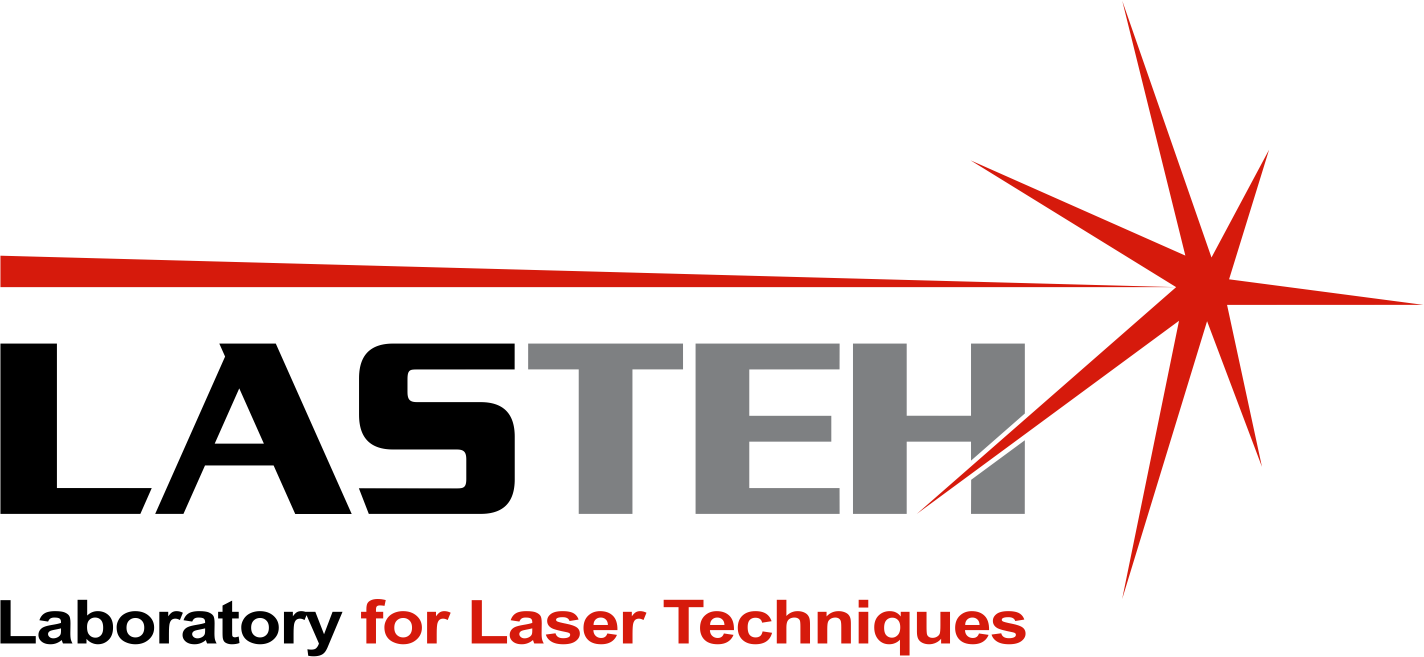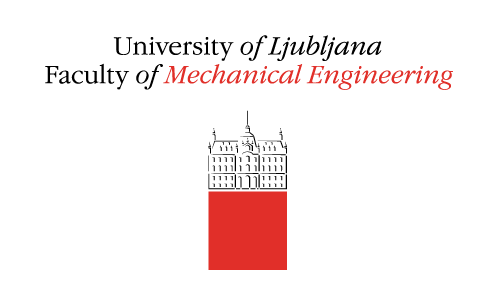Introduction to Laser Techniques
assoc. prof. dr. Matija Jezeršek
Content (Syllabus outline)
- Introduction: The role of laser technology in modern engineering. Introduction to the subject.
- Principles of optics: Geometric optics. Wave optics. Quantum description of optical phenomena.
- Basic laser principles: Historical background. Formation and properties of laser light.
- Types of lasers: Gas, solid-state and semiconductor lasers: structure and their characteristics; the most important applications.
- Laser safety: Hazards. Regulations and standards.
- Laser material processing: physical basis of operation, system structure, key characteristics, management, maintenance, economic aspects of the application, practical application examples.
- Metrological laser applications: physical basis of operation, system structure, key characteristics, management, maintenance, economic aspects of the application, practical application examples.
Readings
[1] J. Hecht: Understanding Lasers: An Entry-Level Guide, 3rd. ed., Wiley-IEEE Press; 2008.
[2] J.Wilson and J.F.B. Hawkes: Lasers Principles and Applications, Prentice Hall, 1987.
[3] D.Schuöcker: High power Lasers in Production Engineering, Imperial College Press, 1999. [4] J.F.Ready: Industrial Applications of Lasers, 2nd. ed., Academic Press, 1997.
Objectives and competences
Goals: Basic objective is to teach students the basics of laser technology and its possible application in the areas covered by the mechanical engineering.
Competences:
• knowledge of basic physical laws in the field of laser technology,
• gaining knowledge on individual types of laser sources and their specific properties,
• gaining knowledge on most important areas of laser processing and measurement systems,
• acquisition of knowledge and skills required for safe use and operation of laser systems, • obtaining practical knowledge of construction and management of laser processing and measurement systems.

